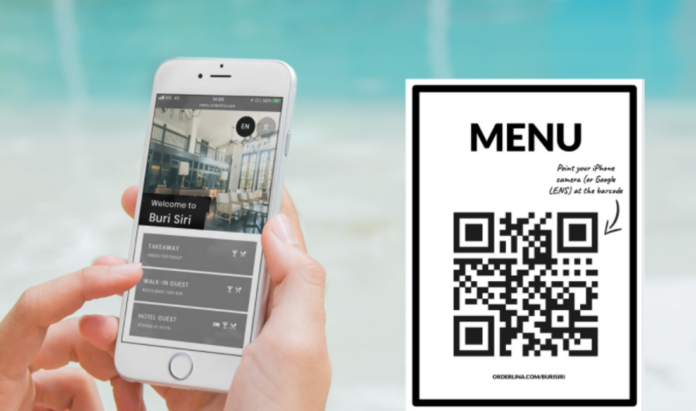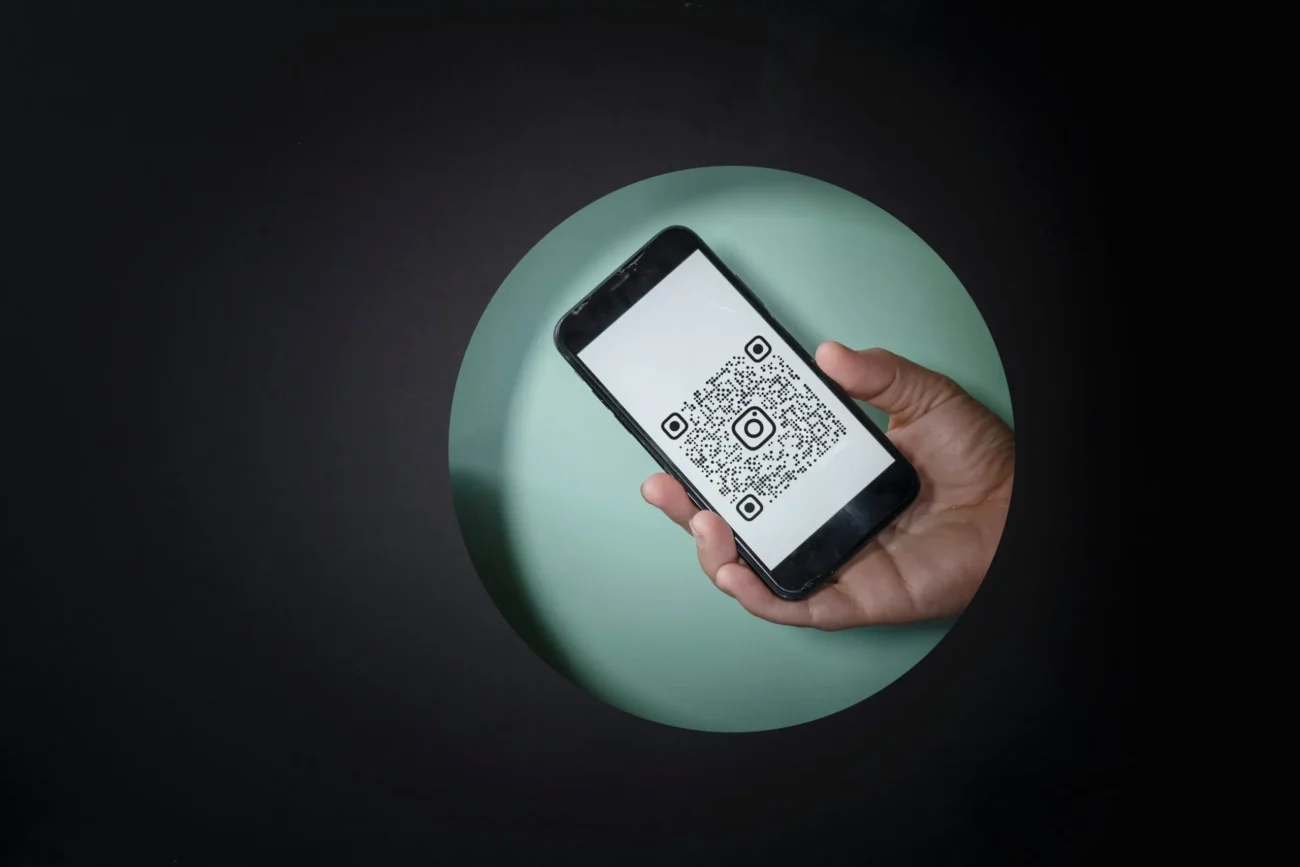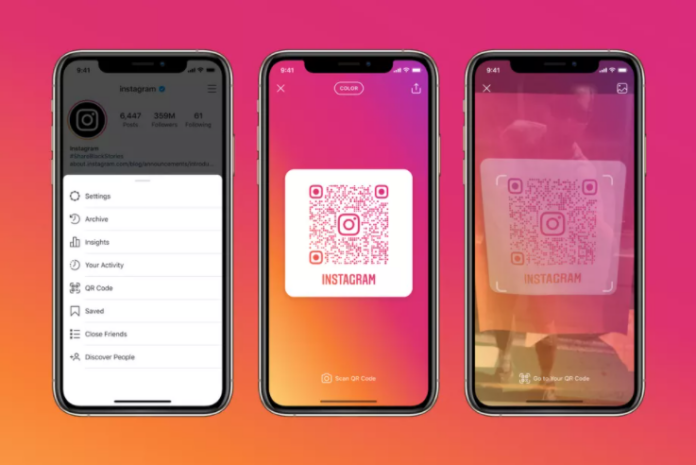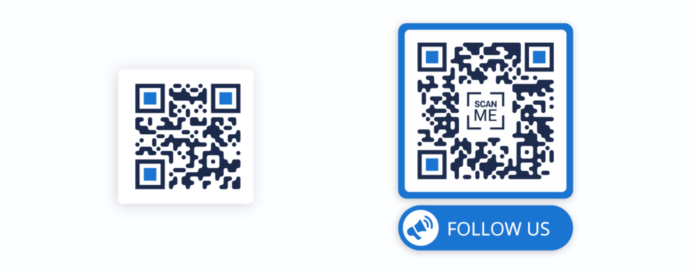Quick Response (QR) codes have come a long way since their inception in the 1990s. Initially designed to track parts in the automotive industry, they have evolved into a versatile tool with a wide array of applications in businesses today.
From customer engagement to payment solutions, these two-dimensional barcodes are shaping the future of seamless transactions. In this article, we’ll explore the various applications and benefits of incorporating QR codes in businesses.
Reinventing the Customer Experience
Interactive Menus for Restaurants

Gone are the days of leafing through a printed menu at a restaurant. Customers can simply scan a QR code placed on the table to view the menu on their smartphones. This not only minimizes contact but also allows restaurants to update their offerings easily, without the need for new print runs.
Virtual Shopping Assistants in Retail
In retail outlets, QR codes can be placed on shelf tags or product packaging. Scanning the code could bring up detailed product information, reviews, or even a virtual shopping assistant that can guide the customer through their purchase.
Personalized Content and Recommendations
QR codes can also serve as a portal to personalized content. When a customer scans a code, businesses can direct them to customized landing pages that offer products or information tailored to their needs.
Streamlining Operations and Analytics
Inventory and Supply Chain Management

In industries like manufacturing and logistics, QR codes can be essential for tracking inventory levels and the movement of goods. Unlike traditional barcodes, QR codes can store much more information, allowing for a nuanced understanding of stock levels, location, and other logistical data.
Data-Driven Decisions
Every time a QR code is scanned, it generates data that can be analyzed to gain insights into customer behavior, operational efficiency, or campaign effectiveness. Businesses can integrate this data into their analytics tools for more precise decision-making.
Payment Solutions and Financial Transactions
Contactless Payments
QR codes have made contactless payments more accessible. Customers can scan the merchant’s code to transfer funds directly, making transactions swift and reducing the need for physical money or cards.
Invoices and Billing
Businesses can incorporate QR codes into their invoices, making it easier for clients to pay simply by scanning the code, which would then direct them to a payment portal.
Marketing and Customer Engagement
Social Media Integration

Businesses can link their social media profiles to QR codes, encouraging customers to follow them. This is an effective way to build an online community and keep your audience engaged.
Loyalty Programs and Promotions
QR codes can simplify the enrollment process for loyalty programs. Instead of filling out forms, customers can scan a code that takes them to a sign-up page, making it hassle-free to join.
A Future-proof Tool for Businesses

QR codes are not just a current trend; they are a future-proof tool. Their ability to store more data, including text, website links, and even multimedia files, offers limitless possibilities for businesses looking to innovate. As technology continues to advance, it’s clear that QR codes will continue to play a significant role in shaping business operations and customer experiences.
For businesses in Norway and beyond looking to leverage the advantages of QR codes, platforms like QR-kode.no offer a range of services from QR-Code generation to analytics, making it easier for companies to integrate this technology into their operations.
Conclusion: Embracing the QR Code Ecosystem
QR codes have evolved from a simple tracking tool to an indispensable asset for modern businesses. By adopting QR code technology, companies can streamline their operations, engage customers in meaningful ways, and make data-driven decisions.
With the numerous benefits and wide range of applications, it’s clear that QR codes are here to stay, shaping the future of businesses in the digital age.




